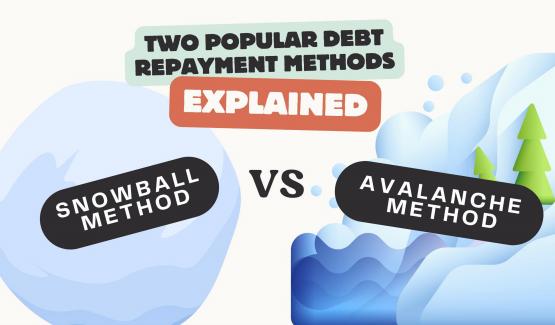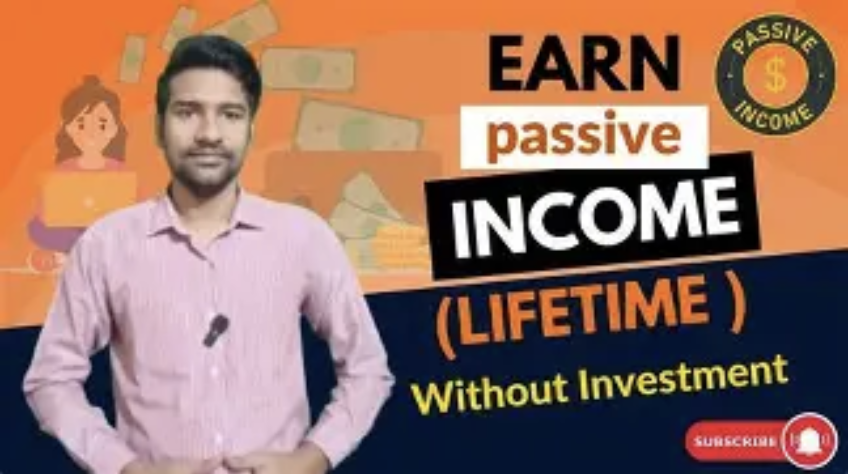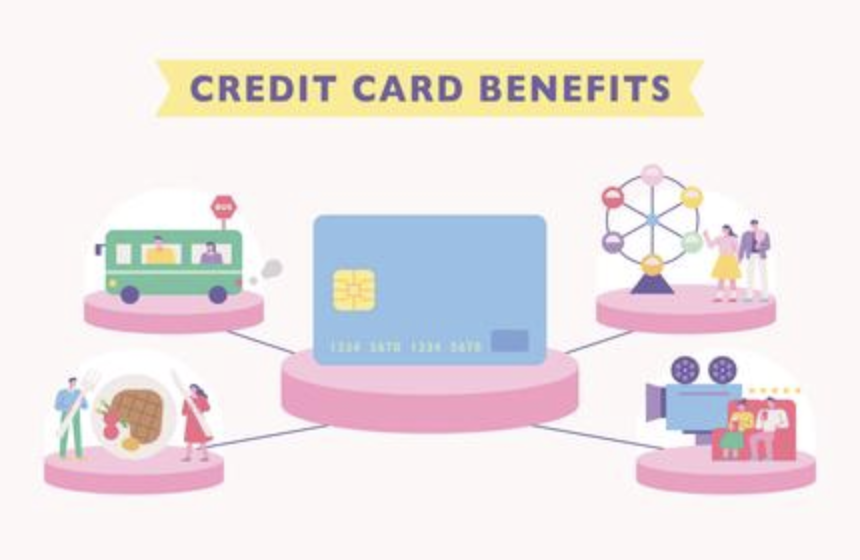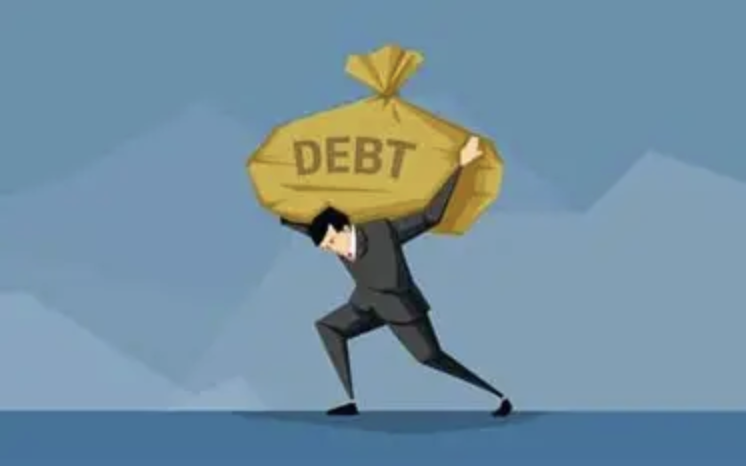
Debt management and reduction are crucial factors for achieving financial freedom and, in general, to improve financial well-being. Some strategic steps that can be followed for effective debt reduction, healthy habits of finance, and the restoration of control over one's finances are as follows:
Review and Prioritize Your Debts
List all your debts and the balance, interest rate, and minimum payment associated with each. Identify which of them have the highest interest rates, such as credit card balances. Those are usually the ones that are costing you the most over time; thus, tackling these first will make it decrease your burden on your finances faster.
Create a Realistic Budget
A budget will help you see where sources of income are coming from, as well as the amounts, and also those places that should be reduced in expenses. Remember to differentiate between costs that are current and do not change such as rent, utilities, groceries and unnecessary expenses like eating out, cable and whatever you may have and be privileged to cutback on expenses. Use those extra dollars to pay towards your debt. You would have tools provided to a budgeting assistant or an app to guide you into action and track them.
Two widely used methods are Debt Snowball and Debt Avalanche.

Debt Snowball: Start with the smallest debt. When you pay off a debt, use the amount of money you've paid to pay on the next debt. The strategy is psychologically rewarding since the snowball of debts falls.
Debt Avalanche: This method consists of paying off the loans carrying the highest interest rates first. This will help save you the most amounts in interest over the course of the loans, though it will take longer to be making progress.
Considering Consolidating Your Debt
You can combine a number of high interest debts into a single loan under a low interest rate either through a personal loan, or by using a credit card to transfer your high interest balance. Consolidating debts not only simplifies payments but also reduces the interest; hence it becomes easier for you to pay at a faster rate. Note that any consolidating fees ought to be small in comparison with the saved interest.
Generate Additional Income
But often enough, many lenders will take into consideration the interest rate, especially for someone that has a good record about credit or pay history. You can even ask around creditors if they could maybe lower the rate for more manageable monthly payments. Still, some lenders have difficulty coming up with a plan for deferment or have hardship plans, especially at times when you become unable to pay off what's due.
Cut Unnecessary Expenses
You can steal your dollars from unnecessary spending areas and use them to pay back the debt. You should find a few areas where you can cut down. It might be something like dining out, subscription services, or being more thoughtful in what you actually buy. A little bit of pain today will save you money big time when you do it over enough time to get you all the way into your debt.
Increase Your Income
Increasing your income can really drive a wedge into your debt-reduction efforts. Extra jobs, freelancing, and clearing out clutter in your home by selling stuff you no longer need to bring extra money directly applied to debt payments. Even a small increase in income can speed up your progress and shave months off the time it takes you to become debt-free.
Avoid Accumulating New Debt

Have cash or debit cards available to pay for the bulk of expenses and build up a reserve account such that at least for any event of emergency, you will not be reaching out for your credit cards.
Monitor Your Progress
It also makes you keep moving and active in case you track the progress. You can also set milestones at 25%, 50%, or 75% of the debt goals. Such minimal goals make you remain in the plan and later, to the end.
Seek Professional Advice if Needed
In this case, you can get the services of a credit counselor or financial advisor and receive a plan on individualized debt management, discussion with creditors on your own behalf, and presentation to you of budgeting as well as saving. For example, there are non-profit credits counseling agencies where you can obtain superb services at reduced costs.
Conclusion:
It takes commitment, discipline, and a clear plan to reduce debt. You are constantly progressing from budgeting to prioritizing high-interest debts and further debt consolidation. Every small effort brings you closer to financial freedom and peace of mind. Patience and persistence will take you through to overcome debt and achieve a more secure future.






